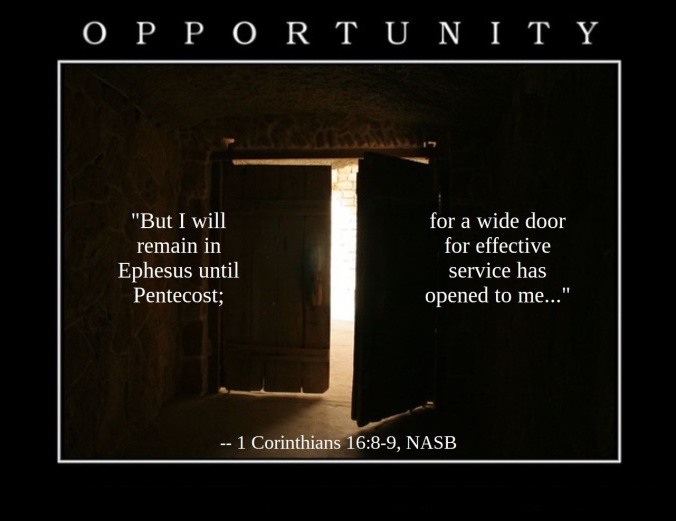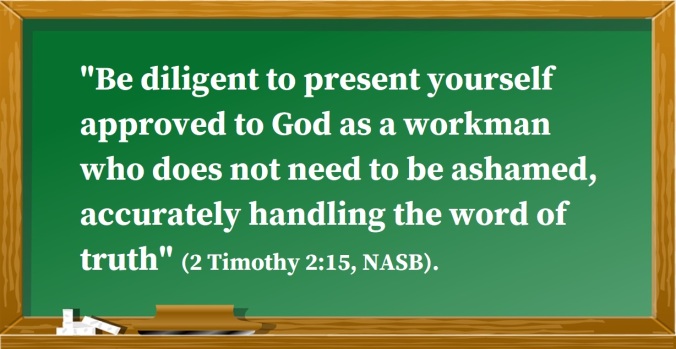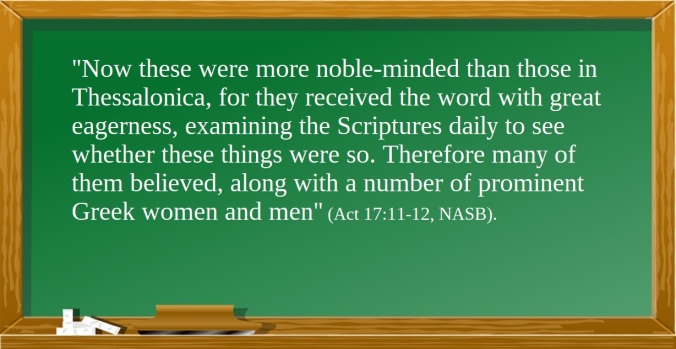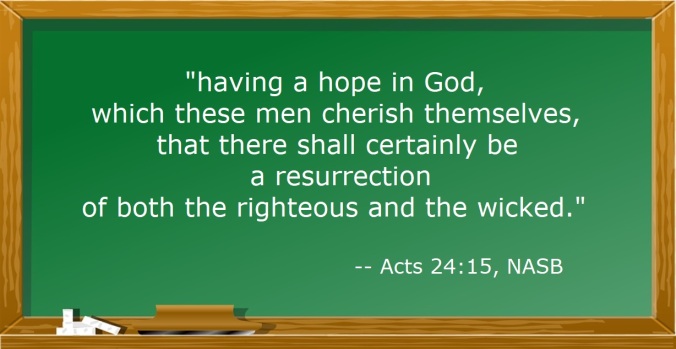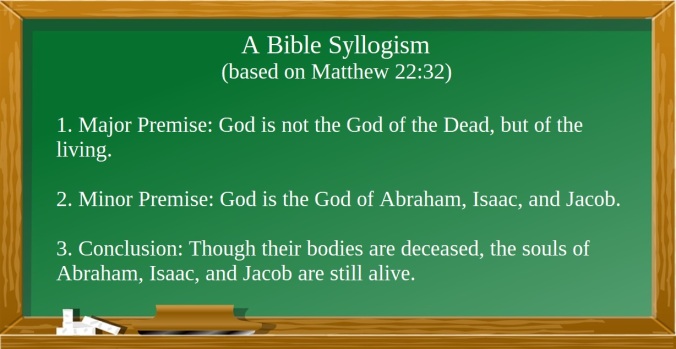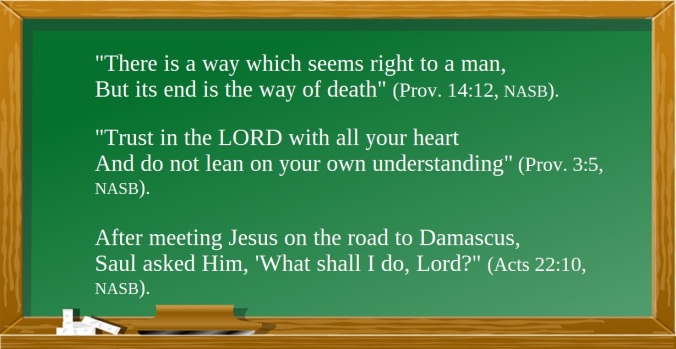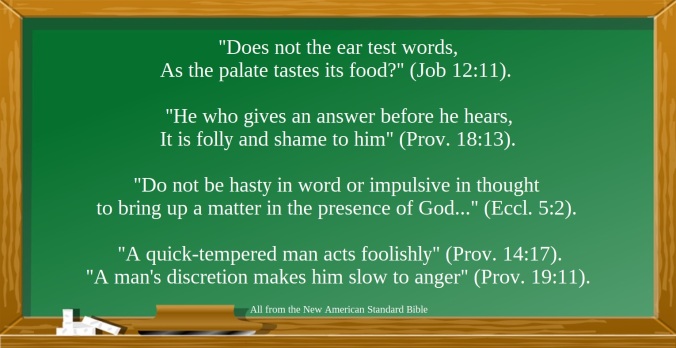“Go therefore and make disciples of all the nations…teaching them to observe all that I commanded you; and lo, I am with you always, even to the end of the age” (Matthew 28:19-20, NASB).
——————-
Contents:
1) Abraham & Melchizedek (Wayne Goff)
2) Prepare to Meet Thy God (Robert F. Turner)
——————-
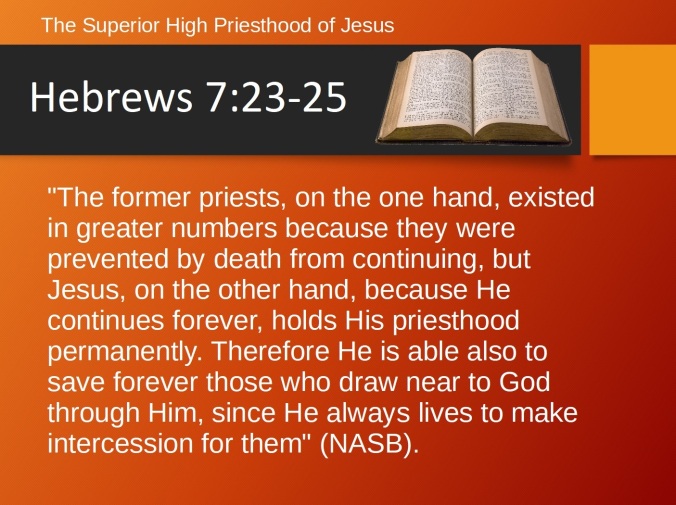
-1-
Abraham & Melchizedek
Wayne Goff
“The LORD has sworn and will not relent, ‘You are a priest forever according to the order of Melchizedek’” ~ Psalm 110:4 (Hebrews 7:17).
Abraham & Melchizedek
Historically, we read about Melchizedek in Genesis 14 when Abraham was returning from his defeat of area kings who had carried off his nephew, Lot. This event can be dated to around 2175 B.C.
Prior to this event, we know nothing of Melchizedek. We do not know his genealogy, we do not know when he was born nor when he died. So historically speaking, he had neither beginning of days nor end of life (Hebrews 7:3). These historical truths would be used by God in the New Testament symbolically to emphasize the greater priesthood of Jesus Christ.
Hebrews 7 points out that Melchizedek was both king and priest of Salem (later known as Jerusalem). He was ordained by the Most High God, and Abraham paid tithes to him. The nation of Israel was, so to speak, still in the loins of Abraham when this was done. So the rightful conclusion is that Melchizedek was a greater high priest than anyone who might have descended from father Abraham. We know that the nation of Israel, and Levi in particular, submitted to Melchizedek and his priesthood through Abraham. Therefore, if anyone became priest “after the order of Melchizedek,” that high priest would be superior to anyone of the Jewish nation.
Jesus Christ
God prophesied through King David that One would come and be both king and priest like Melchizedek, Psalm 110:4. The Hebrew writer refers to this prophecy in Hebrews repeatedly to emphasize how much greater Jesus Christ was as King and High Priest than anyone else, including Abraham, Levi, and any other descendant (Heb. 5:6, 10; 6:20; 7:1, 10-11, 15, 17, 21). The nation of Israel should naturally believe in and submit to this new King and Priest!
The priesthood of Christ is greater than that of Levi because Jesus is an eternal high priest, never to be replaced. By the power of an endless life, He serves the needs of His people, Hebrews 5:6. What was symbolically true of Melchizedek is literally true of Jesus.
Jesus was called by God, just as Aaron was, Hebrews 5:10. Jesus is our Forerunner into heaven, having preceded us as the resurrected Lord, King and High Priest! (Heb. 6:20). We will go to heaven if we will follow Him! Jesus is greater than Abraham because of His Divine Nature, Divine Calling, and eternal High Priesthood, Heb. 7:10-11. And His priestly order was established by an irrevocable Divine oath, Heb. 7:21!
A Needed Change
Because the priesthood was changed by God, there must also of necessity be a change in the Law, for the Law of Moses only allowed for a Levitical priesthood, Heb. 7:12-14. Therefore, the Law of Moses was concluded, and all of its special favors and relationships between God and Israel. This was a difficult “pill to swallow” by the Jewish people. They had mistakenly thought that they would forever be God’s special people above all nations. However, if they had considered the prophecies concerning Jesus Christ as a New Lawgiver (Deuteronomy 18), and as a new High Priest (Psalm 110:4), and the need for a new covenant which they had broken (Jeremiah 31:31-34), then they would not have been so surprised.
Through Jesus Christ we have eternal forgiveness, a spiritual nation comprised of those from every nation, a better covenant than the law, an unchangeable priesthood in Jesus Christ, and a “perfected” (completed) One as well, Hebrews 7:22-28. All of this was foreordained by God long before Israel became a nation, and it was foreshadowed by the man, Melchizedek. The honest Bible student can come to no other conclusion.
— Via Roanridge Reader, Volume 34, Issue 41, Page 2
——————-
Psalm 32:10-11
“Many are the sorrows of the wicked,
But he who trusts in the LORD, lovingkindness shall surround him.
Be glad in the LORD and rejoice, you righteous ones;
And shout for joy, all you who are upright in heart” (NASB).
——————-

-2-
Prepare to Meet Thy God
Robert F. Turner
In Matthew 24:42, Jesus tells his disciples to “Watch therefore: for ye know not on what day your Lord cometh …therefore be ye also ready.” Paul echoes this thought when he writes, “so then let us not sleep, as do the rest, but let us watch and be sober” (1 Thes. 5:6). And John records the words of Christ in Revelation 22:12, “Behold, I come quickly; and my reward is with me, to render to each man according as his work is.”
These verses, as well as others, remind us of the inevitability of meeting God in judgment. As the song states, “There’s a great day coming…” and it seems that the vast majority of humanity is failing to prepare for that day. James warns us that this physical life is too uncertain to go unprepared to meet our Maker (Jas. 4:14). If we wish to have an eternal home with God, we must begin our preparation now.
We cannot begin to make significant preparation to meet God in judgment until we have developed the proper attitude. Solomon points out that our attitude determines what we do or say. In Proverbs he writes, “as a man thinketh within himself, so is he” and “Keep thy heart with all diligence, for out of it are the issues of life” (Prov. 23:7; 4:23). Christ also emphasizes this truth when he says, “out of the abundance of the heart the mouth speaketh” (Mt. 12:24). If our actions are to be pleasing to God, we must set our hearts “to seek the law of Jehovah and to-do it” (Ezra 7:10). Our attitude should be “Speak, Lord; for thy servant heareth” (1 Sam. 3:10). If we develop within ourselves the desire to serve God, our actions will reflect this desire. We will remain steadfast in our preparation by continuing to learn all we can concerning God’s will.
David’s attitude motivated him to meditate on God’s law day and night (Ps. 1:2). Because of his desire to serve God, the Psalmist exclaimed, “Teach me, 0 Jehovah, the way of thy statutes” (Ps. 119:33). David knew that God’s word was the only guide which could prepare him to meet his Creator. The Bereans, in Acts 17:11, were aware of this fact, so they “examined the scriptures daily.” Also, Paul instructed Timothy to “give heed to reading, to exhortation, to doctrine” (1 Tim. 4:13f). All of these men had a desire to serve God. This attitude motivated them to prepare to meet their God.
When we finally meet God in judgment, our attitude will greatly influence the outcome. Countless numbers will be lost because their hearts, or attitudes, are not right. Precious souls will be left outside the marriage feast crying “Lord, Lord, open to us!” (Matt. 25:1f) — they thought they had a little more time. Many, because of a selfish attitude, will be asked “and the things which thou hast prepared, whose shall they be?” (Lu. 12:16f) — they desired to serve themselves rather than God. You know what your attitude is — you know whether or not you are striving to serve God to the best of your ability. If your attitude and service to God is not what it should be, remember the words of Amos 4:12 — “Prepare to meet thy God!”
— Via Plain Talk, Vol. XVII, No. 1, pg. 6, March 1980
——————-
Psalm 34:2-3
“My soul will make its boast in the LORD;
The humble will hear it and rejoice.
O magnify the LORD with me,
And let us exalt His name together” (NASB).
——————-
The Steps That Lead to Eternal Salvation
1) Hear the gospel, for that is how faith comes (Rom. 10:17; John 20:30-31).
2) Believe in the deity of Christ (John 8:24; John 3:18).
3) Repent of sins (Luke 13:5; Acts 17:30).
4) Confess faith in Christ (Rom. 10:9-10; Acts 8:36-38).
5) Be baptized in water for the remission of sins (Mark 16:16; Acts 2:38; 22:16; Rom. 6:3-4; Gal. 3:26-27; 1 Pet. 3:21).
6) Continue in the faith, living for the Lord; for, if not, salvation can be lost (Heb. 10:36-39; Rev. 2:10; 2 Pet. 2:20-22).
——————–
Tebeau Street
CHURCH OF CHRIST
1402 Tebeau Street, Waycross, GA 31501
Sunday services:9:00 a.m. (Bible class); 10 a.m. & 5 p.m. (worship)
Wednesday: 7 p.m. (Bible class)
evangelist/editor: Tom Edwards (912) 281-9917
Tom@ThomasTEdwards.com
http://thomastedwards.com/go (Older version of Gospel Observer website without pictures, but back to March 1990)
http://tebeaustreetchurchofchrist.org/
http://ThomasTEdwards.com/audioser.html (audio sermons)





